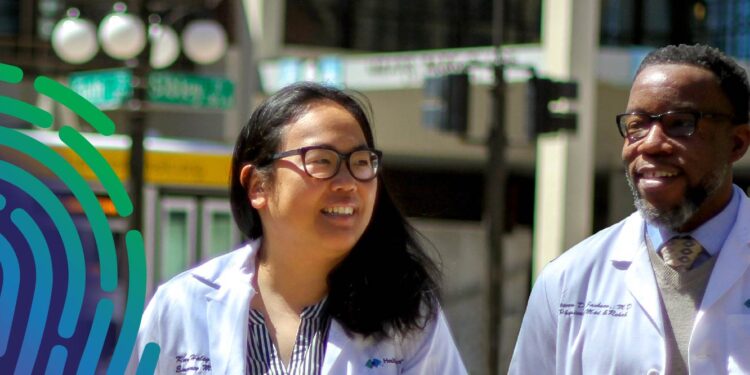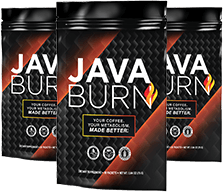For Anthony Taylor, one of many seminal moments in his relationship with health got here at age 18, when he give up the University of Minnesota soccer group. He had hoped to each play ball and examine engineering however discovered that the mix demanded greater than he may give.
But Anthony nonetheless needed to keep energetic, so he started biking to an off-campus health membership to work out. Then, at some point, he didn’t cease on the health membership. He continued exploring Minneapolis. The expertise modified his relationship with town. It linked him to his surroundings, and ultimately to the neighborhood round him.
Now, Anthony is a member of the Metropolitan Parks and Open Space Commission, on the fairness advisory board for the League of American Bicyclists, vice chairman of the National Brotherhood of Cyclists, and is founder and director of strategic initiatives for Major Taylor Bicycling Club of Minnesota. In and outdoors of all of those areas, Anthony is working to construct fairness in his communities. Listen to the episode or read the transcript.
Changing our perspective on bodily exercise
Sports are an enormous a part of American tradition, and Anthony believes that they’ve an enormous affect on our relationship with exercise at massive. In many circumstances, children develop up with exercise framed when it comes to competitors, of acting at one’s finest for the sake of a win. With that additionally comes the expertise of getting lower or benched when you don’t carry out nicely sufficient. It may be discouraging.
Anthony sees this discouragement play out with fellow adults when he mentions that he’s a bike owner. Framing the dialog across the particular exercise like that, folks make assumptions. They choose and infrequently disqualify themselves from the potential of doing it themselves. So it’s straightforward to image folks doing this repeatedly, of opting out of a number of distinct types of exercise for a similar purpose, whether or not it’s concern from previous adverse experiences or an unwillingness to commit to pursuing excellence.
Anthony’s level is that this isn’t a helpful dynamic. Instead, we ought to be having conversations about how a lot we transfer, no matter what type it takes. If we body actions because the automobile for motion, for getting outdoors, for building neighborhood, we are able to circumvent adverse associations and unreasonable expectations. We have to change the image of success in order that it’s simpler for folks to envision for themselves.
Normalizing motion early
In addition to reframing the bodily exercise dialog for adults, Anthony sees an excellent alternative to set it up for each mother and father and youngsters on the clinic degree. He factors out how the patient-provider dynamic adjustments round pregnancy and after delivery. There are much more visits. The conversations are extra intimate. Family and different folks across the person giving delivery are extra concerned. Even after the baby is born, there are frequent well-child visits.
Anthony argues that if we made bodily exercise half of a kid’s developmental milestones – akin to by setting targets round strolling, running, swimming and so forth – it may have a number of advantages. For one, kids would have a relationship with exercise in its purest type earlier than being uncovered to sports activities. But on the identical time, these kids’s households can be eager about bodily exercise in those self same phrases, as one thing elementary to a balanced life.
Equity requires partnership
Anthony places emphasis on the prenatal and early childhood intervals as a result of in addition they characterize the form of relationships we’d like for making change. Ideally, the trusting, deeper relationships which might be constructed throughout these instances can be carried ahead, past well-child visits and into life usually. Ideally, the patient-provider dynamic can be framed in a bigger context, wherein we’re all making an attempt to assist one another do higher.
This form of partnership requires dedication from either side. People have to belief their suppliers sufficient to have open and sincere conversations about what they need for his or her lives and the lives of their family members. With that, suppliers have to be keen to have interaction in dialog, to take a look at care not merely as options to issues however as enter that may be taken again to folks’s communities. It’s loads, however it’s additionally sufficient to change a tradition.
As Anthony says in closing, connectedness is the last word measure of health. If we are able to construct genuine relationships with folks, each inside and outdoors scientific settings, we’ll see advantages for everybody. To hear extra from Anthony about his fairness work, the cultural function of quick food and why out of doors actions are the best areas for human improvement, hear to this episode of Off the Charts.


















Discussion about this post